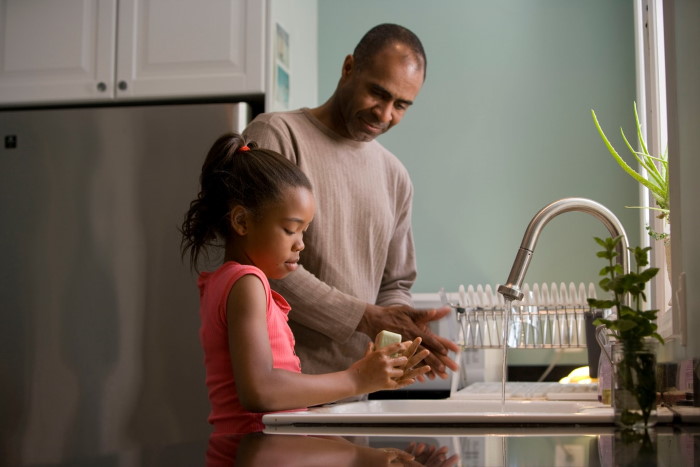
How can change be powerful?
Kids do it every day without any thought. They are constantly changing. Their bodies, their attitudes, their abilities, and their perceptions – both of the world around them and of themselves.
And then, of course, there is the type of change that can be anxiety-provoking, a little scary, and full of the unknown. So how do we help our children to ensure that they can handle change, big or small, with confidence, grace, and resiliency?
What can I do now?
We all have beliefs about our abilities and potential. These beliefs are part of our mindset. Our mindset helps determine our actions and ultimately will determine how we deal with those changes that can otherwise completely derail us.
Carol Dweck, the leading psychological researcher in the field of motivation, notes there are two mindsets: the fixed and the growth. Check out her powerful TED Talk on The Power of Believing You Can Improve. A fixed mindset is where we believe our abilities are fixed and cannot change; whereas a growth mindset supports the belief that we can continue to grow and develop those abilities over time. Helping our kids understand that our brains, like their bodies, can grow and become stronger can help set them up to thrive in life and become more resilient.
Brain power
Help your kids understand that their hardest working muscle of all.. is their brain! Kids can pick up new concepts and skills pretty quickly. Help them understand that their brain can grow and develop new connections as they try to learn new things. Tell them that their brains can get stronger and stronger, and tell them again and again. Once kids learn how their brains work and function, they will have the foundation to help build a strong growth mindset.
Give permission to “fail forward”
Providing your kid the permission to “get it wrong” offers valuable learning in and of itself. Permission to fail can encourage kids to take risks and try new things. By not having a fear of failing at something, they are able to expand their readiness, creativity, and problem-solving skills towards any challenges that come their way now or down the road. Look – no child came out of the womb walking; everything takes a degree of failure before a level of mastery.
Show your struggles
Don’t just give your kids permission to fail – do them and yourself a favor by letting them see you struggle at something, trying it again and again. Kids learn by example, not just by what they are told. Let your kids see you make a mistake or fail at something, and then show them that it is okay. Better yet, talk to them how mistakes can provide an opportunity to learn something new or tweak something and try it again.
Empower them with ‘yet’
There is never a better time to help kids rewire their brains with the magic word of, “yet” than when you hear them utter a sentence with the words “can’t.” The simple change of a phrase can alter an outlook for many future moments to come. So the next time you hear, “I can’t catch the ball,” or “I can’t do this math problem,” make sure to add that little magic word at the end and turn that fixed phrase into a growth mindset phrase of “I can’t catch the ball.. yet” and “I can’t do this math problem.. yet!” The “yet” alludes to big things still to come.
Celebrate persistence
Acknowledging when a kid is being persistent at something or trying hard at accomplishing a goal or task goes a long way. No need to go overboard with the praise, but let them know that you see them trying to learn something new, and encourage them to keep at it. Help them reflect on their own persistence with the My Superpowers Student Activity.
Use stories to help illustrate a growth mindset
There are some wonderful books out there that can help illustrate perseverance and a growth mindset. Here are some of our favorite:
- Beautiful Oops! by Barney Saltzberg
- The Dot by Peter Reynolds
- The Bad Seed by Jory John
- After the Fall by Dan Santat
- The Little Engine That Could by Watty Piper
Using these little techniques that promote and reflect a growth mindset can help children cope with changes, big or small – and not just now, but for the rest of their lives.
Brisa Ayub is the Senior Global Director of Marketing at Wonder Workshop where she creates educational programs directed at bringing coding, robotics, and creative problem-solving to educators and students. She has a history of creating educational content and award-winning programs and games that have been implemented in schools across the United States and globally as the former Director of Educational Programs at Common Sense Media. Brisa earned her graduate degree in psychology and has worked with adolescents and young adults around addictive behaviors prior to the edtech space.
Categorized as: Tips for Teachers and Classroom Resources
Tagged as: Toolkit: Embrace Change, Trauma and Resilience
